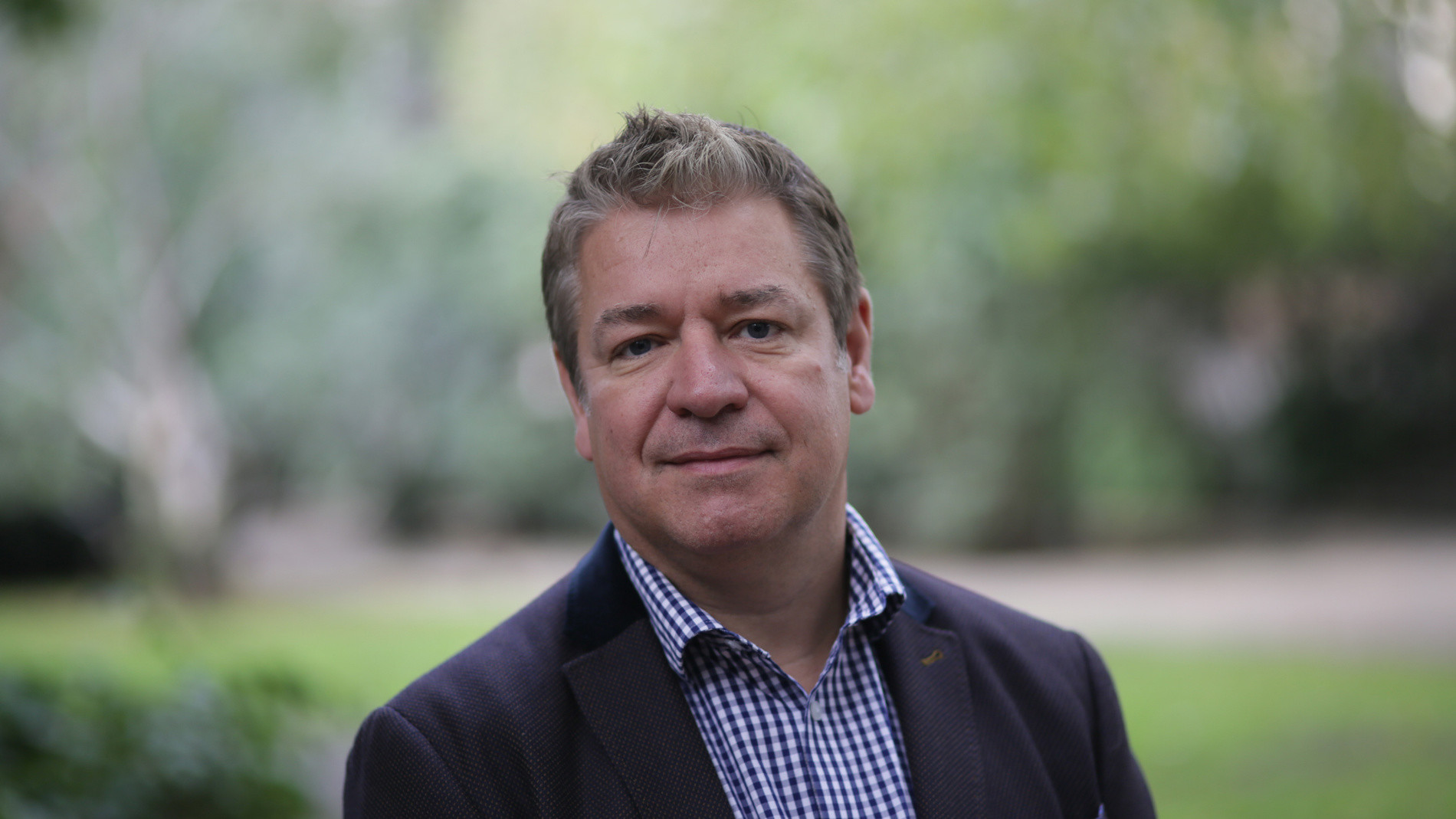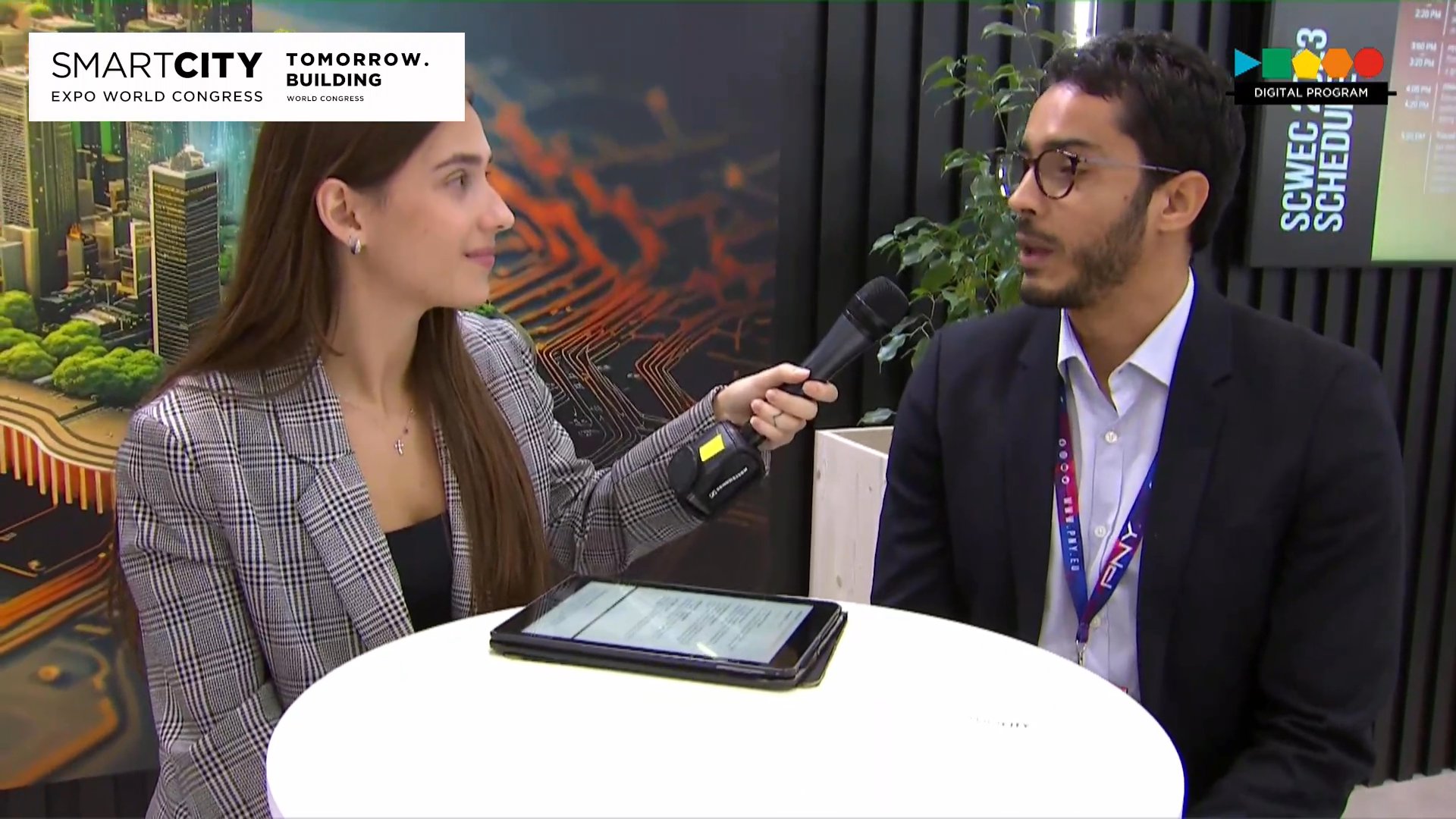Author | Anna SolanaHe says what he most looks forward at the start of the day is “working on urban innovations that will make a practical and real difference.” And he means it. Peter Madden, 51, married, with 8-year old twin girls, has a longstanding commitment to helping solve city problems and create the right conditions for the future cities market to flourish in the UK and beyond. Still, all the stakeholders should be highly involved in the process as “together we can make the world better.”Future Cities Catapult is helping cities to understand what the technology might do for them and how they can deploy it. Is that correct? What are your ongoing projects?We have a mission to accelerate urban ideas to market, to grow the economy and to make cities better. Working closely with city policy makers, we aid cities in understanding the problems they face – now and in the future – through the use of predictive models and analytical insights. We help them adopt new procurement, funding, and governance models so that they can choose innovative products and services with greater confidence. As part of our Cities Standards Institute, we’re also developing standards so that cities around the world can benefit from this best practice.How do you get the latest smart technologies to work in the field?We help develop and test cutting-edge urban technologies, business models and services, first through digital or physical modeling in our Cities Lab and then on real streets in our city-based demonstrator projects. For example, across sites in London, we’ve implemented “Living Labs” to demonstrate what is needed to support an urban Internet of Things (IoT) at city scale, and to generate data through case studies.What three tools or apps do you use most for work?Twitter to keep up with what’s going on; CityMapper to get around London; Salesforce for trying to keep track of the hundreds of interesting people I meet.There are certainly amazing ideas out there to improve how cities function. How do you prioritize what to work on?We start with the needs of cities and their citizens: what is the problem that needs to be solved; then we examine the technologies, services and business models that can address that challenge; then we convene the necessary collaborations. These collaborations bring together thinkers, innovators and policy makers to work across city, business and academic lines. Our unique position at the intersections between these sectors allows us to share knowledge, solve problems and create exciting collaborative projects involving the UK’s best urban innovation from Universities and companies, large and small.With all these ideas, we might need standards to accelerate them to market. Who should develop them? Every city?A new market like this needs standards. Companies want to develop products and services that work across multiple cities; and cities want to know what they should expect when they buy and implement. That’s why we launched the Cities Standard Institute, a collaboration between Future Cities Catapult and the British Standards Institution (BSI) that is accelerating the development of standards for smart cities. The initiative is bringing together cities, businesses, academia and innovators to identify the common challenges that cities face, find ways to overcome those issues and introduce standards to help steer the evolution of smart cities in future. Members jointly prioritize urban challenges to be addressed by the new standards and ensure that standards developed for the sector are commercially and technically viable for global cities.How can ideas and technologies transfer from one city to another?Standards obviously help. There are an increasing number of media channels and publications on urban innovation, which is great. And conferences like SCEWC really help share best practice. At Future Cities Catapult, we particularly value hearing from the practitioners themselves – whether startups or city officials – about how they made things work, and we run numerous engagement events to share learnings with these audiences.What would be the ideal design for a city to make happiness as its core? Where do we put the priority prism?I’m really glad that happiness is increasingly being seen as focus for urban policy makers. We know there is a significant connection, especially for urban areas, between health, well-being and happiness, and we’re working in Dubai to improve happiness by embracing technology innovation, as well as closer to home, using technology to improve well-being in the Olympic Park redevelopment in London.There are emerging indicators that happiness can be driven within smart cities through better policy and decision-making tools, taking into account urban livability factors, influencing behavior change for healthier choices, and the impact of the built environment. We also know that technology can be used as a means to facilitate these opportunities for health and well-being in the urban setting.Future Cities Catapult’s mission includes ‘making cities better’, so the prism of happiness, health and well-being of the people who live in these urban environments needs to be held as core to what we seek to accomplish as we look at solutions for digital planning, transport, energy, lower carbon emission and infrastructure needs in urban areas.What kind of city/place would you like to live in in 20 years?I’d still like to be living in Bristol (UK), a medium sized city that’s green, friendly and bursting with culture.Do you think a congress like SCEWC can help develop smarter and resilient cities?Yes! SCEWC brings together the leading practitioners in the world. It helps bring people together to network, share best practice, and to collectively set the agenda.What has your current job taught you about the smart city industry?There’s huge potential that hasn’t yet been fulfilled.Image | Peter Madden, Future Cities Catapult CEO

How Cities Are Placing People at the Center of Urban Mobility Transformations
Living & Inclusion





















































